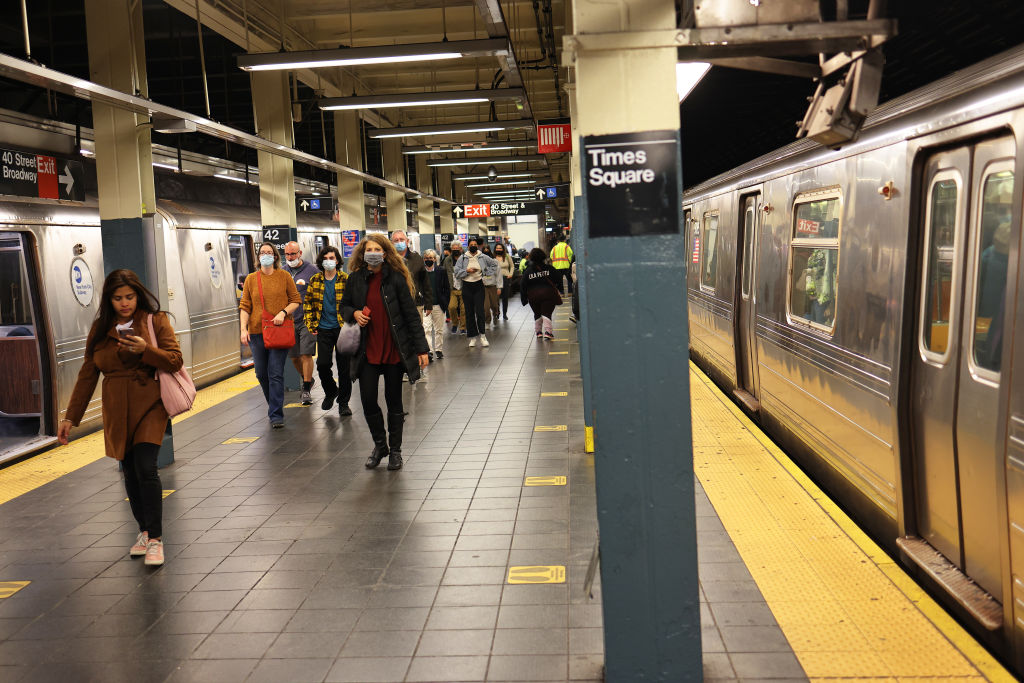New York City’s Metropolitan Transportation Authority (MTA) has taken steps to enhance passenger privacy by disabling a potentially risky feature on its website. The feature, which allowed users to track their travel history by entering credit card information, has been turned off to protect customer privacy. The MTA is actively searching for alternative ways to serve customers who want access to their trip histories without compromising their security. The decision to disable this feature comes after concerns were raised about the potential for abuse and stalking. By entering credit card information, individuals could easily be tracked, revealing personal information such as their frequently used subway station and daily travel patterns. The MTA is committed to prioritizing the privacy and safety of its passengers, and will continue to explore ways to maintain convenience without sacrificing security.
The Tracking Feature: Understanding the Controversy
The Metropolitan Transportation Authority (MTA), responsible for NYC’s vast transit network, introduced a tracking feature in collaboration with technology companies. This feature utilized sensors and cameras at subway entrances to track riders’ movements through the system. The goal was to gather data for improving services and infrastructure planning, such as identifying overcrowded stations and optimizing train schedules.
Privacy Concerns: The Tug-of-War
While the intentions behind the tracking feature were seemingly benign, privacy concerns quickly arose. Critics argued that the tracking technology, even if anonymized, could potentially be misused or breached, leading to the compromise of individuals’ identities and movements. Key privacy concerns included:
- Data Security: Ensuring the security of sensitive passenger data, including location information, is a significant challenge in an era of increasing cybersecurity threats.
- Surveillance: The use of sensors and cameras raised concerns about surveillance, with some fearing that the data collected could be used for purposes beyond transit optimization.
- Informed Consent: Passengers were not explicitly informed about the tracking, raising questions about informed consent and transparency.
The Decision to Disable Tracking: Privacy Takes Priority
In response to the growing concerns, the MTA made the decision to disable the tracking feature. This move prioritizes passenger privacy and aims to allay fears of surveillance and data misuse.
Balancing Act: Privacy vs. Improving Transit
The situation in NYC underscores the delicate balancing act that cities face when implementing technology in urban transit systems. On one hand, technology can greatly enhance the efficiency and convenience of public transportation. On the other hand, privacy must be carefully safeguarded.
Privacy-Focused Alternatives:
- Aggregated Data: Transit agencies can gather anonymized and aggregated data to analyze trends without compromising individual privacy.
- Transparent Policies: Clear and transparent policies about data collection and usage should be established to inform passengers about how their data will be used.
- Data Protection: Robust data protection measures and cybersecurity protocols must be in place to prevent data breaches.

